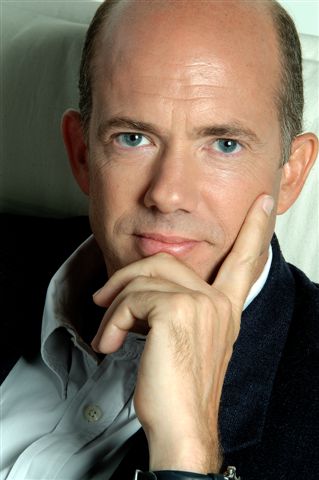Well, me versus Samwick, Mankiw, and DeLong seems like a difficult match to win, but I am going to persist anyway. Stay the course so to speak (see also the Paul Krugman column that is at issue, an earlier post by Andrew Samwick, my response to Andrew, and a follow-up at Angry Bear). Each is objecting to Paul Krugman's claim that government policies may be able to change income inequality and that changes in political ideology may explain, in part, variations in income inequality over time.
I hope to have more to say later, but for now let me offer a bit of evidence from Australia through Andrew Leigh, and add a bit more on the US as well. First, here's Andrew Leigh:
Top Floor, Going Up, by Andrew Leigh: An updated version of my research with Tony Atkinson on top incomes is written up by John Garnaut in the SMH today. There’s not much there to surprise regular readers of tbis blog. But since it’s not every day that I crack the front page of the SMH, I thought I’d indulge in some shameless self-promotion.
Here's the abstract from the article. It's also written up in the Sydney Morning Herald as noted by Andrew:
ABSTRACT Using taxation statistics, we estimate the income share held by top income groups in Australia over the period 1921-2002. We find that the income share of the richest fell from the 1920s until the mid-1940s, rose briefly in the post-war decade, and then declined until the early-1980s. During the 1980s and 1990s, top income shares rose rapidly. At the start of the twenty-first century, the income share of the richest was higher than it had been at any point in the previous fifty years. Among top income groups, recent decades have also seen a rise in the share of top income accruing to the super-rich. Trends in top income shares are similar to those observed among other elite groups, such as judges, politicians, top bureaucrats and CEOs. We speculate that changes in top income shares may have been affected by top marginal tax rates, skill-biased technological change, social norms about inequality, and the internationalisation of the market for English-speaking CEOs.
Factors like top marginal income tax rates and social norms are connected to the political environment, but of course, this is in no way conclusive. A lot of the change is driven, according to their results, by the incomes of CEOs. But I think it's at least suggestive that the political environment drove some of the change.
For the US, as passed along to me in an email, factors such as the New Deal's very large tax increases on the wealthy, both directly on income and indirectly on corporate profits are an important factor connected to the political environment at the time. It's an open question how much of the change in inequality that might explain by itself.
Unions are also worth taking seriously with union membership nearly tripling to about a third of the workforce from the mid 1930s to the mid 1940s. This would affect all wages, not just those in sectors where unions are prevalent. The decline of unionization after the 70s is also a factor to consider, and there's a strong case to be made that this was made possible by a political environment that allowed union busting to occur. In any case, I don't think this is a settled question and I hope to follow up with more later.
Update: Please see Brad DeLong's excellent summary and follow-up on this debate.
"
Δεν υπάρχουν σχόλια:
Δημοσίευση σχολίου